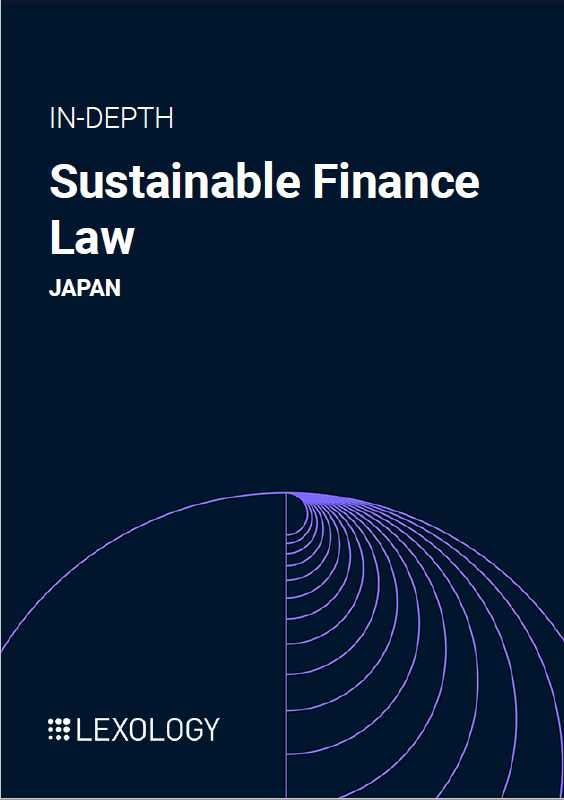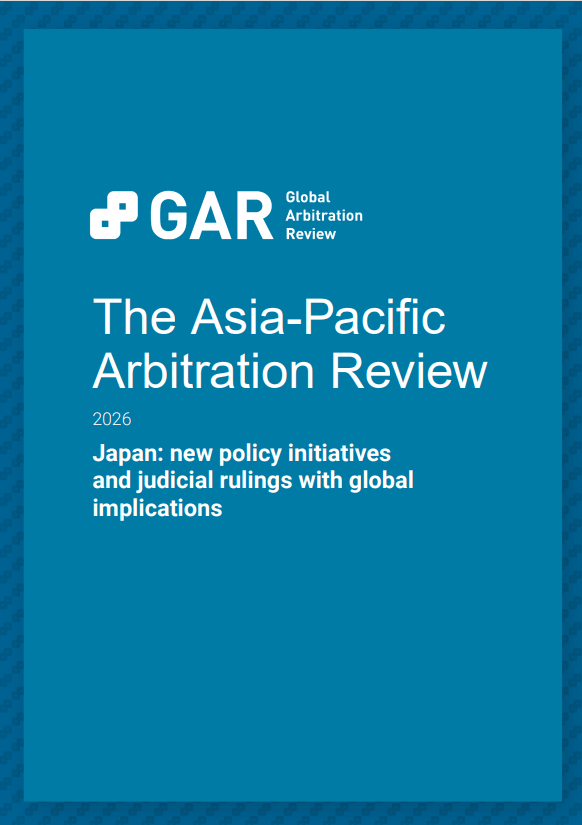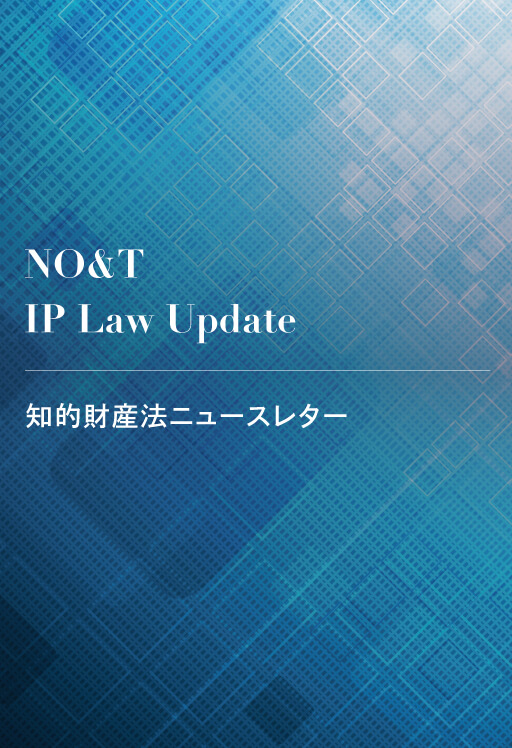
NO&T Asia Legal Review
The Supreme Court of India, in a recent judgement rendered in Ravindranatha Bajpe v. Mangalore Special Economic Zone Ltd. and Ors., has clarified the scope of liability that can be imposed on a director/manager/key managerial personnel of a company for criminal actions of the company. The Supreme Court has held that directors and managerial personnel cannot automatically be held vicariously liable for criminal acts of the company unless they are actively involved in the commission of such crime and specific allegations and averments have been made against them.
In the present case, Mr. Ravindranatha Bajpe (“Complainant”) had filed a criminal complaint before the Judicial Magistrate against 13 accused persons, comprising of the Mangalore Special Economic Zone Ltd. (“MSEZ”), its directors and managers, MSEZ’s contractor, sub-contractor and their respective directors and managers on the grounds that the accused together conspired with the common intention to lay the pipeline beneath the Complainant’s property and in doing so, they had trespassed into the property and demolished the compound wall. Therefore, all accused persons, committed criminal trespass and caused a pecuniary loss of more than INR 27 million to the Complainant. The Judicial Magistrate accepted the complaint and directed to register the case against all accused persons for the offences punishable under various sections of the Indian Penal Code (“IPC”).
Aggrieved by the order, MSEZ and its directors and managers preferred revision petitions before the Sessions Court, which allowed the revision petitions and quashed and set aside the order against the said accused persons. On appeal the High Court of Karnataka, also dismissed the Complainant’s application and affirmed the Sessions Court Order. Accordingly, the Complainant preferred an appeal before the Supreme Court of India.
On examination of the complaint, the Supreme Court noted that the complaint merely stated that all the accused persons have conspired with common intention to lay the pipeline beneath the Complainant’s property without any lawful authority and right whatsoever. The Court observed that apart from that, there were no specific allegations in the complaint against the directors & managers of MSEZ or its contractors. In fact there was no indication that MSEZ or the contractors had acted on the specific instructions of the directors/managers while undertaking the task of laying down the pipeline. Accordingly, the Supreme Court held that in absence of any specific role being attributed to the directors or managers and any specific allegations being preferred against such persons, the Magistrate was not justified in issuing process against the said directors and managers.
In passing the order, the Supreme Court re-affirmed its earlier judgments in Sunil Bharti Mittal v. Central Bureau of Investigation , and Maksud Saiyed v. State of Gujarat which held that in the absence of an express statutory provision, vicarious liability of the directors cannot be automatically imputed where company is the offender. The IPC does not contain any provision for attaching vicarious liability on part of the managing director or the directors of the company when the accused is the company. Thus, an individual who has perpetrated the commission of an offence on behalf of a company could be made accused, along with company, only if there was sufficient evidence of his active role coupled with criminal intent. Even in case of statutes where vicarious liability of directors is expressly provided, it is obligatory on the part of the complainant to make requisite allegations which would attract the provisions constituting vicarious liability.
In addition to above, the Supreme Court also referred to its earlier judgments of Pepsi Foods Ltd. v. Special Judicial Magistrate and GHCL Employees Stock Option Trust v. India Infoline Ltd, to reiterate that “summoning of an accused in a criminal case is a serious matter and criminal law must not be set into motion as a matter of ordinary course”. The Magistrate, to initiate a criminal proceeding, has to carefully scrutinize the evidence brought on record and determine whether a prima facie case is made against the accused who are directors, or key managerial personnel of a company and the role played by them in their respective capacities.
With the above observations, the Supreme Court held that the Magistrate in this case had not recorded his reasons of satisfaction about a prima facie case against the directors and managers and therefore dismissed the appeal of the Complainant.
The Supreme Court’s judgment strengthens the well-settled jurisprudence that criminal liability cannot be imputed automatically on directors and management personnel. Vicarious liability may only be imposed in situations where the law specifically provides for such vicarious liability, for e.g. under the Indian Companies Act, where an ‘officer in default’ may be held liable for certain acts of the company. If the law does not specifically provide for imposition of such vicarious liability, such as in the case of the IPC, then directors/managers can only be prosecuted if there is direct evidence of their active role played along with criminal intent in the commission of the crime. This judgment should assist directors/managers from avoiding harassment at the hands of law enforcement authorities when the company is embroiled in criminal proceedings.
This newsletter is given as general information for reference purposes only and therefore does not constitute our firm’s legal advice. Any opinion stated in this newsletter is a personal view of the author(s) and not our firm’s official view. For any specific matter or legal issue, please do not rely on this newsletter but make sure to consult a legal adviser. We would be delighted to answer your questions, if any.


Chattong Sunthorn-opas, Thunsinee Sungmongkol (Co-author)


Ario Putra Pamungkas


Long Nguyen


Rashmi Grover


Chattong Sunthorn-opas, Thunsinee Sungmongkol (Co-author)


Ario Putra Pamungkas


Rashmi Grover


(December 2024)
Hiromi Hattori, Yuichi Miyashita (Co-author)


(May 2025)
Yoshimi Ohara, Shota Toda, Annia Hsu (Co-author)


Patricia O. Ko


Hiroki Tajima


Kenji Tosaki, Takahito Hirayama (Co-author)


Patricia O. Ko


Ngoc Hoang


Yuan Yao Lee


Chattong Sunthorn-opas, Thunsinee Sungmongkol (Co-author)


Patricia O. Ko


Ngoc Hoang


Yuan Yao Lee


Chattong Sunthorn-opas, Thunsinee Sungmongkol (Co-author)


Rashmi Grover


Shejal Verma


Rashmi Grover


Shejal Verma, Rashmi Grover (Co-author)